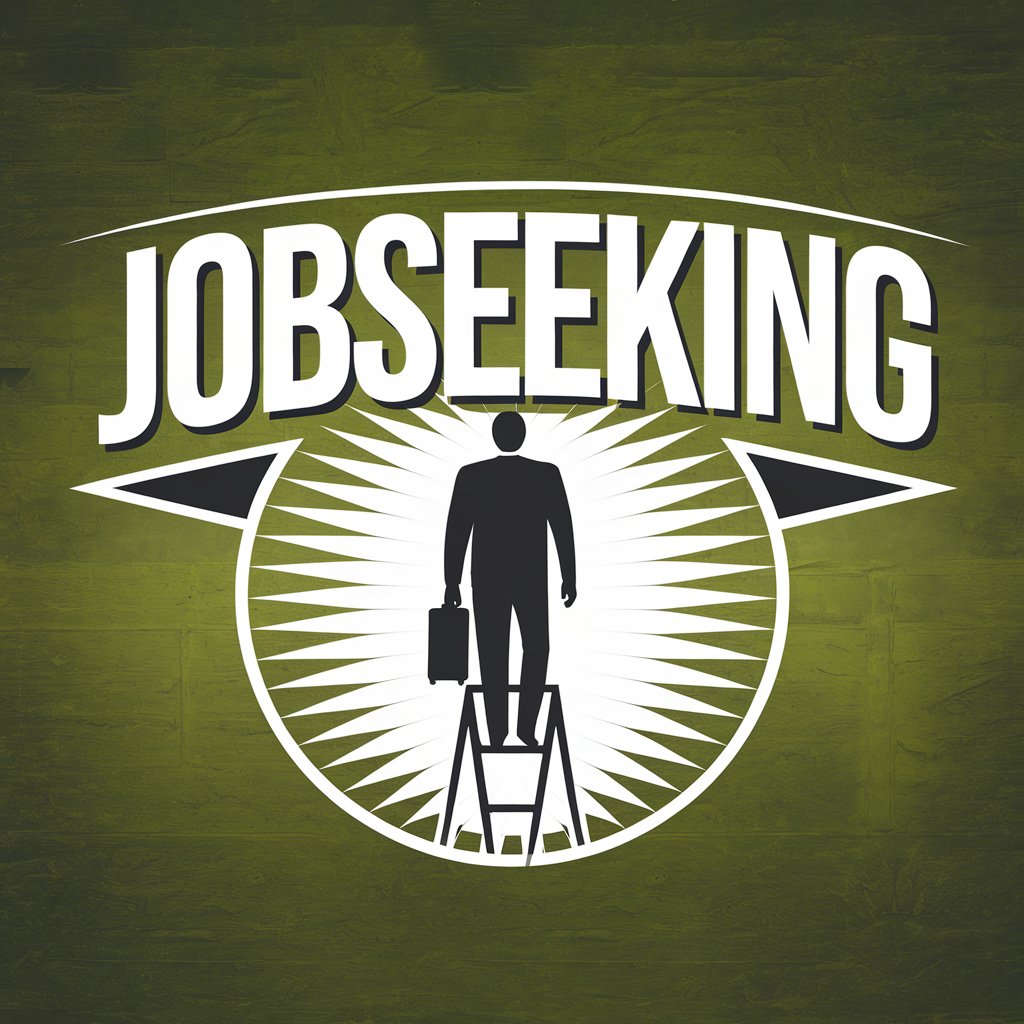Your cart is currently empty!
Career Development: A Strategic Guide to Professional Growth
Understanding Career Development
Career development is no longer a linear path but rather a continuous journey of growth, learning, and strategic decisions. In today’s rapidly evolving workplace, taking control of your professional development is crucial for long-term success.
Strategic Career Planning
Assessment and Self-Discovery
Understanding yourself is the foundation of career development:
- Identify your core values and motivations
- Assess your strengths and weaknesses
- Define your short-term and long-term goals
- Recognize your preferred work environment
- Understand your professional interests
Skill Development
Technical Skills
- Stay current with industry-specific tools and technologies
- Obtain relevant certifications
- Take online courses and participate in workshops
- Apply new skills in practical situations
- Keep track of emerging trends in your field
Soft Skills
- Develop emotional intelligence
- Enhance communication abilities
- Build leadership capabilities
- Improve problem-solving skills
- Strengthen team collaboration
Building Professional Relationships
Networking Strategies
- Attend industry events and conferences
- Join professional associations
- Participate in online communities
- Maintain relationships with former colleagues
- Create meaningful connections on professional platforms
Mentorship
- Seek out mentors in your field
- Consider reverse mentoring opportunities
- Offer mentorship to others
- Build relationships with multiple advisors
- Learn from peers through collaborative partnerships
Career Advancement Tactics
Visibility and Recognition
- Document your achievements
- Share successes with stakeholders
- Volunteer for high-profile projects
- Contribute to company initiatives
- Present at industry events
Professional Brand Development
- Maintain an updated online presence
- Share industry insights and knowledge
- Develop thought leadership content
- Build a consistent personal brand
- Engage professionally on social media
Navigating Career Transitions
Internal Growth
- Seek stretch assignments
- Take on additional responsibilities
- Cross-train in different departments
- Participate in company programs
- Express interest in new opportunities
External Moves
- Research market opportunities
- Maintain competitive knowledge
- Build external networks
- Keep skills marketable
- Time transitions strategically
Continuous Learning
Educational Development
- Consider advanced degrees
- Pursue professional certifications
- Attend workshops and seminars
- Read industry publications
- Participate in learning communities
Experience-Based Learning
- Take on challenging projects
- Seek feedback regularly
- Learn from failures and successes
- Document lessons learned
- Share knowledge with others
Work-Life Integration
Balance and Boundaries
- Set clear professional boundaries
- Maintain physical and mental health
- Practice time management
- Develop stress management techniques
- Create sustainable work habits
Personal Development
- Cultivate interests outside work
- Build resilience
- Develop adaptability
- Maintain work-life harmony
- Invest in personal growth
Career Resilience
Adaptability
- Stay flexible in your career path
- Develop multiple skill sets
- Build financial security
- Maintain professional networks
- Keep options open
Future-Proofing
- Monitor industry trends
- Anticipate skill requirements
- Build transferable skills
- Develop digital literacy
- Maintain learning agility
Measuring Progress
Career Metrics
- Track accomplishments
- Monitor skill development
- Review goal achievement
- Assess satisfaction levels
- Evaluate compensation growth
Regular Review
- Conduct self-assessments
- Seek feedback from others
- Update career plans
- Adjust goals as needed
- Celebrate progress
Long-term Success Strategies
Strategic Thinking
- Think several moves ahead
- Consider industry evolution
- Plan for multiple scenarios
- Stay informed about trends
- Make informed decisions
Investment in Growth
- Allocate resources to development
- Build valuable relationships
- Create learning opportunities
- Maintain professional credentials
- Invest in tools and resources
Remember that career development is a marathon, not a sprint. Success comes from consistent effort, strategic planning, and continuous adaptation to changing circumstances. Regular reflection and adjustment of your career development plan ensures you stay on track while remaining flexible enough to take advantage of unexpected opportunities.
Your career is your most valuable professional asset. By taking a proactive approach to development, you position yourself for sustainable success and continued growth in an ever-evolving workplace.
